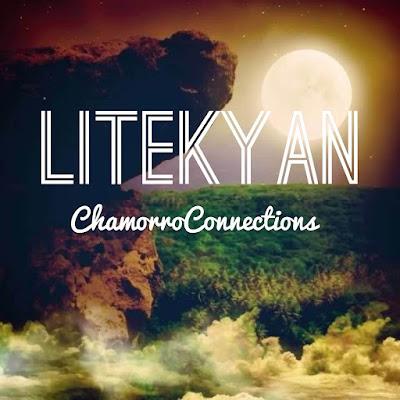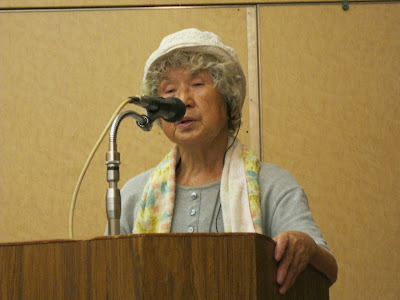Litekyan Redux

Several years ago, there was a small but significant spike in Guam/Chamorro based activism around the announcement that rather than Pågat, the US military not intended to build their firing range complex for their military buildup near Litekyan or Ritidian as many know it on Guam. For those unfamiliar with the long, winding road for this the US military buildup to Guam, they created a DEIS around their intent to build the firing range complex in Pågat. After push-back from the community, lawsuits and also problems at the US federal level, this was withdrawn and a SEIS or supplementary environmental impact statement was conducted, identifying the area above Litekyan in Northern Guam as the new location. I attended the public comment meetings, participated in protests and demonstrations and also helped organize teach-ins and forums to educate the public about the military's intended use of this very important cultural and historic area for Chamorros. The level of public outrage nev



